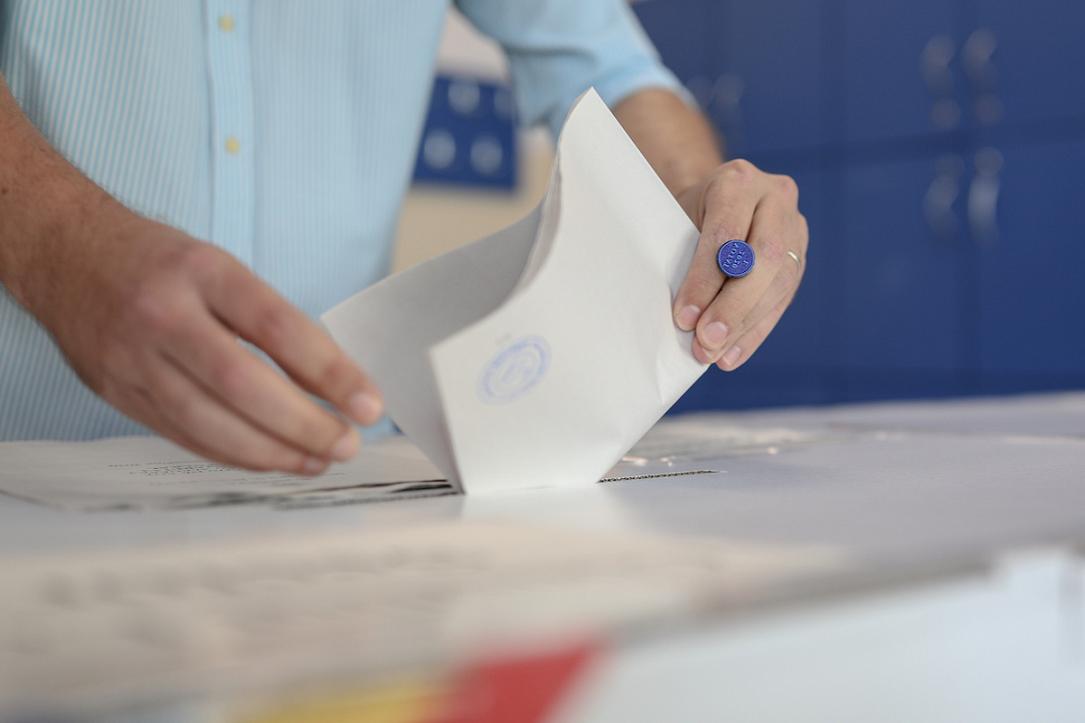Romania presidential elections 2024: How US, Canada diaspora votes took USR’s Elena Lasconi to second round



In the first round of Romania's presidential elections on November 24, Călin Georgescu, an ultranationalist independent candidate, emerged as the clear front-runner, securing the most votes both in Romania and abroad. However, it was the votes from the United States and Canada that played a crucial role in sending reformist Elena Lasconi (USR) into the second round of the race. Lasconi’s performance in the diaspora, particularly in North America, helped her surge ahead of Social Democrat (PSD) leader Marcel Ciolacu, ultimately securing her spot in the runoff.
When the polling stations closed in Romania on the evening of November 24, early exit polls showed prime minister Marcel Ciolacu leading in the first round of the election. However, as the night progressed, the first batch of overseas votes began coming in, and things started to change. By the early hours of November 25, Călin Georgescu’s victory in the first round was becoming clearer, while a tight race unfolded between Ciolacu and Lasconi for the second-place spot.
Elena Lasconi started the race with a significant disadvantage, trailing Ciolacu by about 500,000 votes, as reported by Hotnews.ro. However, as more results came in from the diaspora, Lasconi's numbers began to climb. The votes from countries such as the United States and Canada were among the last to be counted, and these would prove pivotal in Lasconi’s rise.
The first round of the presidential elections ended on Monday, November 25, at 07:00 Romanian time, at all 950 polling stations organized abroad. The last polling stations where overseas voting ended were those organized in Vancouver, Canada, and in locations on the West Coast of the US (San Francisco, Los Angeles, Anaheim, Las Vegas, Portland, Sacramento, San Diego, and Seattle), according to Digi24.
On Sunday night to Monday, USR, Lasconi’s party, recognized the importance of the votes abroad. As the results from Romania began to settle, the party launched an appeal to Romanians in the US and Canada, urging them to vote, stressing that Lasconi’s chances of reaching the second round depended “on just a few thousand votes,” as News.ro reported at the time. The party's call for action resonated, especially as the United States and Canada polling stations remained open longer due to the time difference.
Early Monday morning, as more votes from the diaspora were being counted, Marcel Ciolacu was still second. However, the US and Canada votes eventually tipped the scales towards Elena Lasconi, who, in the end, managed to secure a place in the second round of the elections.
In the end, Elena Lasconi won 41.44% of the votes in the US (4,242) and 42.78% in Canada (2,133). These figures made the difference eventually, as, according to the overall final results, the USR candidate came in second with only 2,740 votes more than Marcel Ciolacu. Thus, the PSD leader fell to third with 19.15%, marking an important setback for the PSD, as it is the first time that the Social Democrats failed to send their candidate in the final.
editor@romania-insider.com
(Photo source: Inquam Photos/Alexandru Busca)